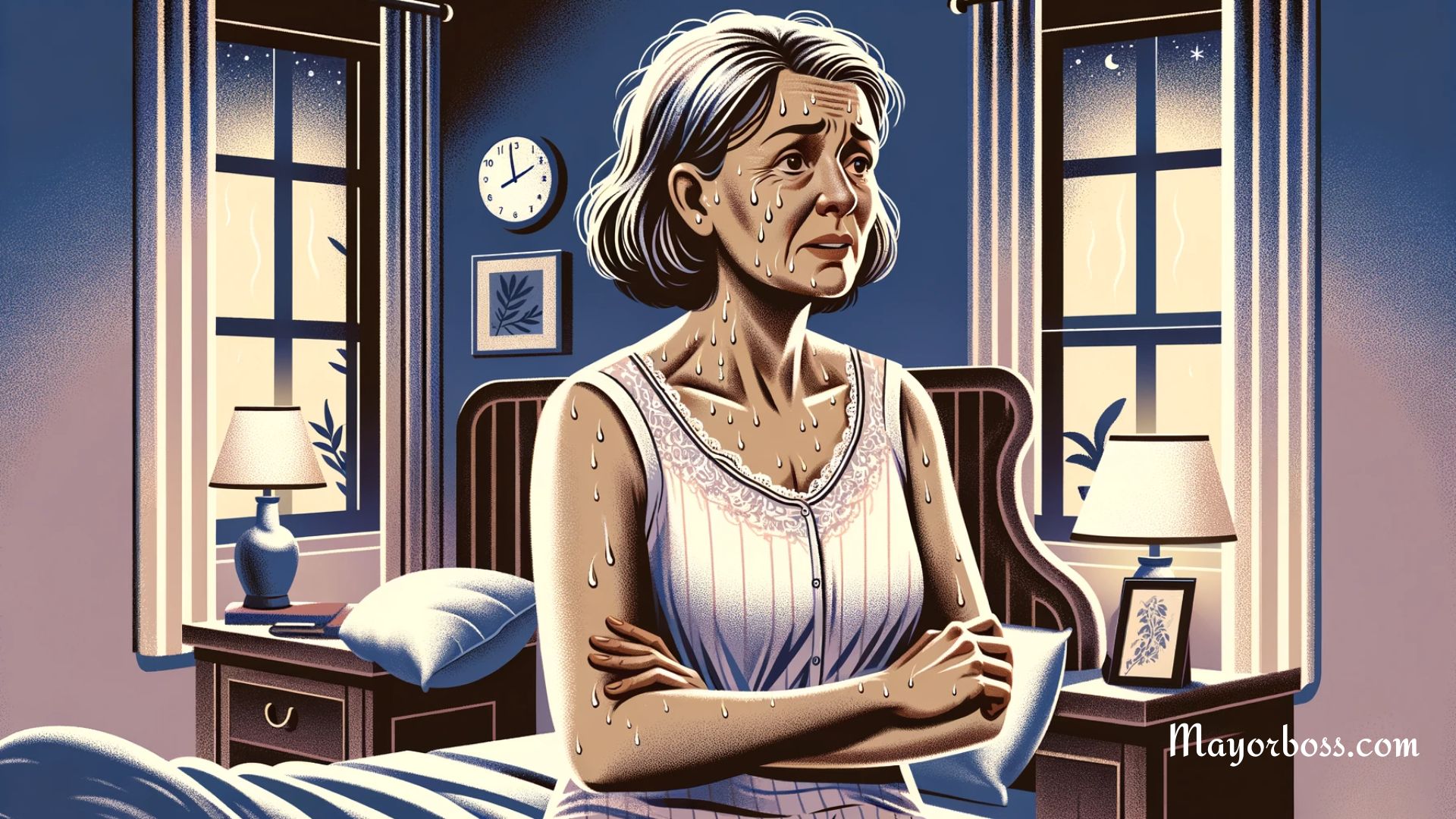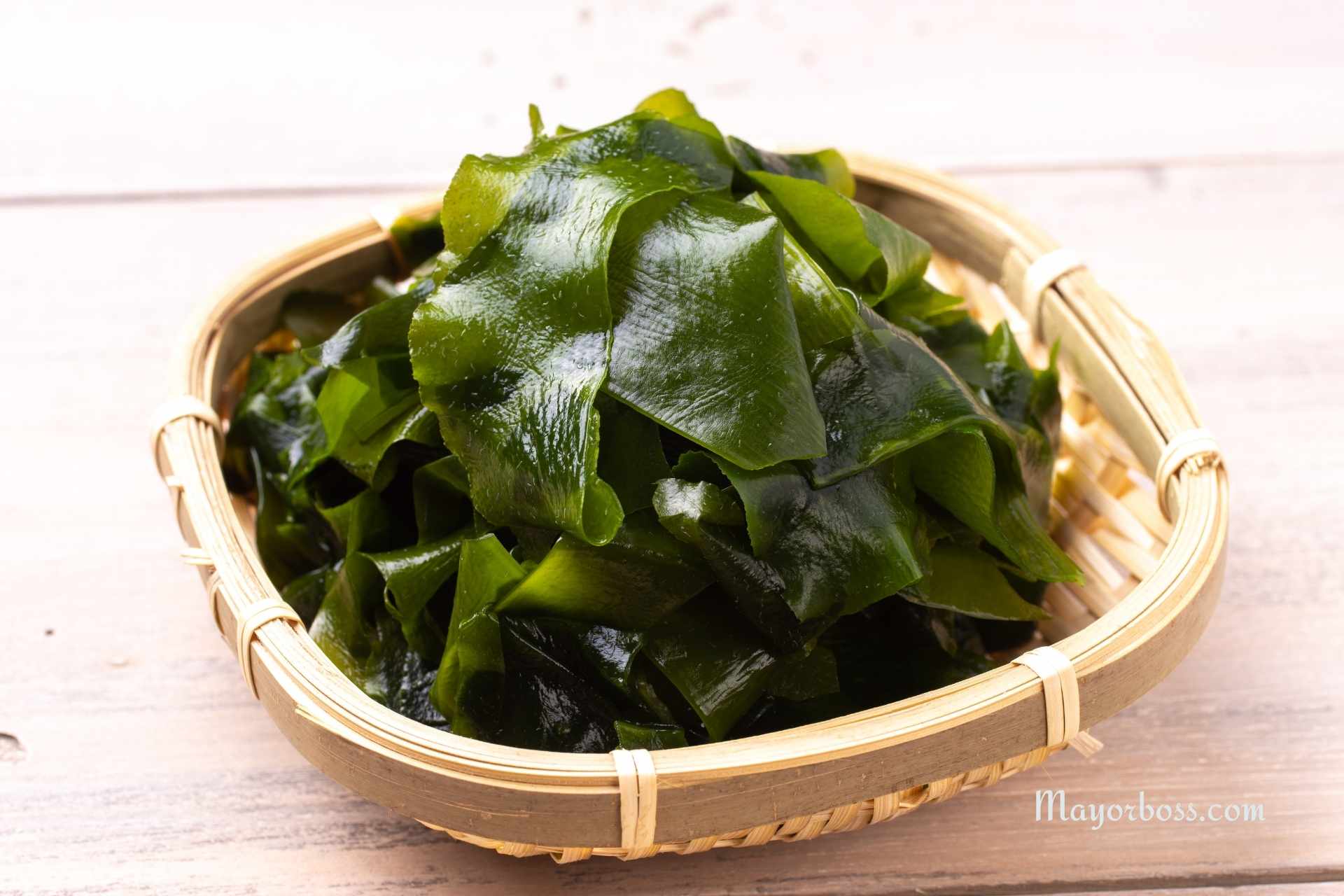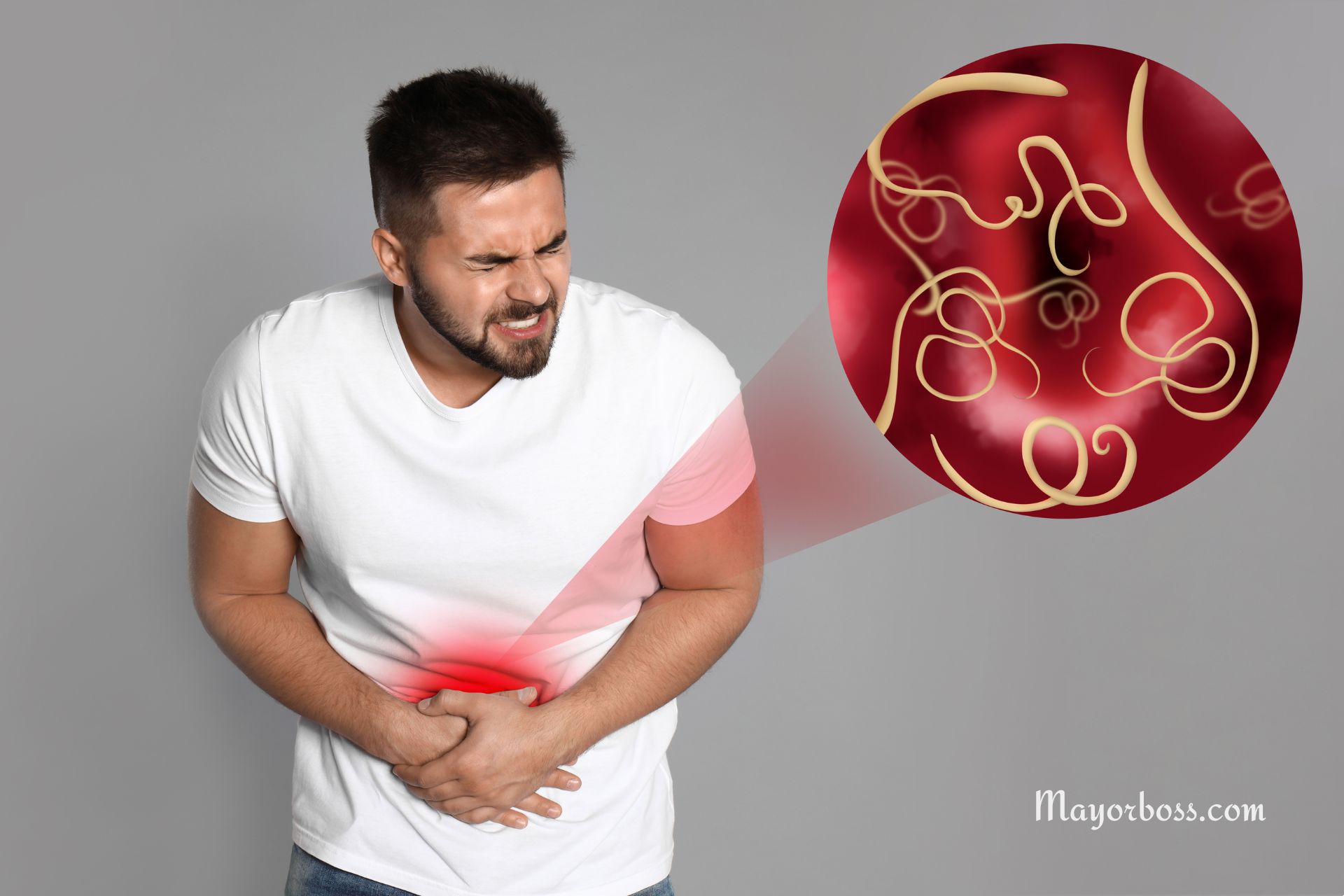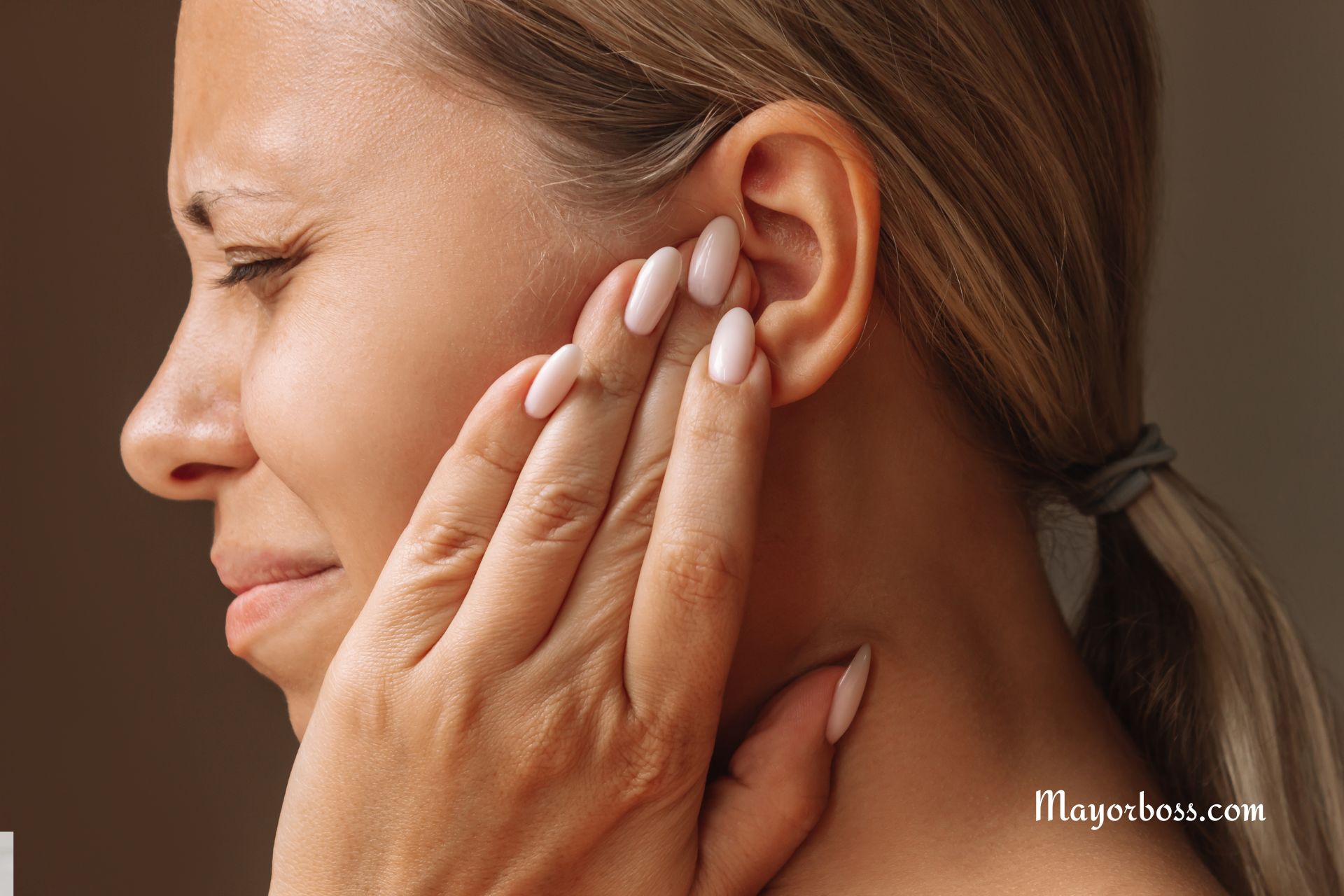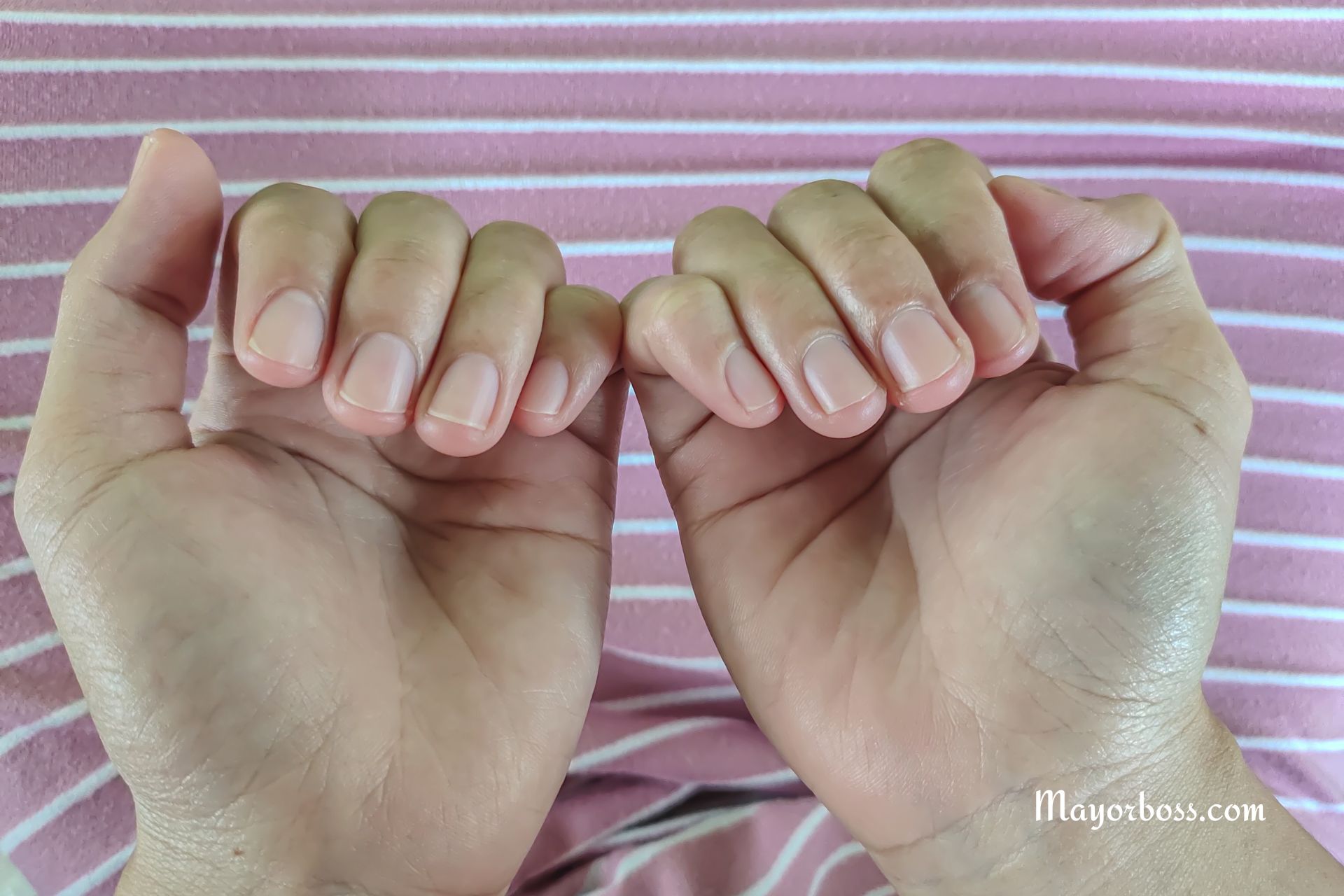Signs That You Are Drinking Too Little Water
Not drinking enough water can quietly affect your body in many ways. Here’s how to know if you’re running low.
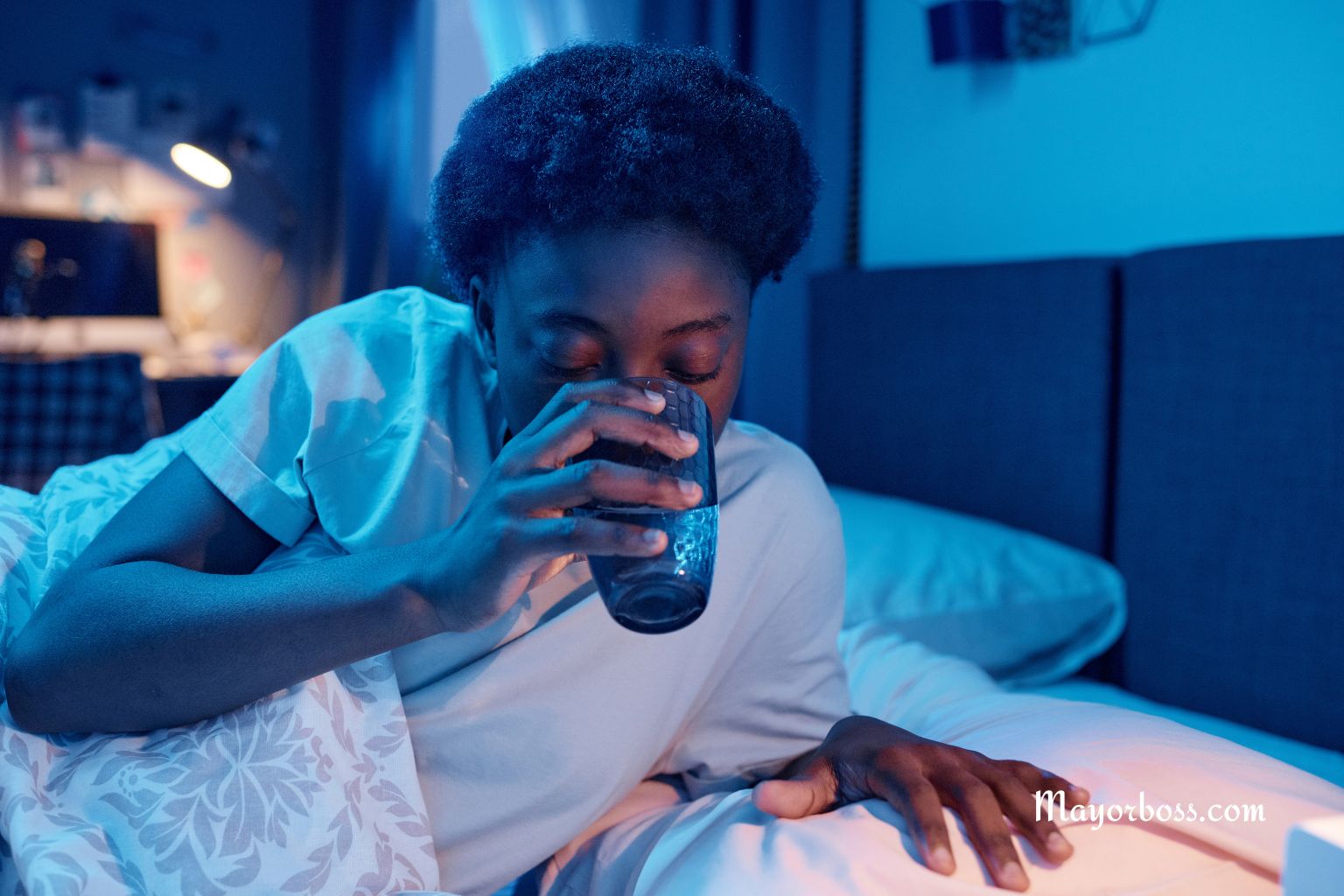
Water is life. Your body is made up of about 60% water. Every cell, tissue, and organ relies on it to function properly. But many people walk around every day mildly dehydrated without even realizing it. The signs aren’t always obvious, but they can take a toll on your health over time.
Here are the signs that may suggest you’re not drinking enough water.
1. You Feel Tired for No Clear Reason
Fatigue is often one of the first signs of dehydration. Even mild dehydration can reduce blood flow and oxygen to the brain, making you feel sluggish and low on energy.
If you’ve been sleeping enough but still feel exhausted during the day, check how much water you’ve had. A dehydrated body works harder to do basic functions, which can leave you drained, according to the NHS.
2. Your Urine Is Dark Yellow
One of the easiest ways to monitor your hydration is to look at the color of your urine. If it’s pale yellow, you’re likely well-hydrated. But if it’s dark yellow or amber, it could mean your body needs more water.
In some cases, vitamins or medications can also change urine color, but consistently dark urine is often a red flag for low water intake.
3. You’re Often Constipated
Water helps move waste smoothly through your digestive system. Without enough fluids, your colon pulls water from your stool to keep your body functioning, which can make your bowel movements hard and infrequent.
If you struggle with constipation and aren’t drinking enough water, try increasing your intake before turning to laxatives.
4. You Get Headaches Frequently
When you’re low on fluids, your brain can temporarily shrink from fluid loss, pulling away from the skull and triggering pain. This can result in dehydration headaches, according to the Cleveland Clinic.
These headaches may feel like dull aches or even mimic the symptoms of migraines. If drinking water helps relieve your headache, dehydration could be the cause.
5. You Feel Lightheaded or Dizzy
Not drinking enough water can reduce your blood volume, which lowers blood pressure. This can lead to lightheadedness, dizziness, or even fainting, especially when standing up quickly, according to the Mayo Clinic.
If you often feel dizzy without an obvious reason, dehydration may be contributing.
6. You’re Always Thirsty
Feeling thirsty seems like an obvious sign, but many people ignore it or confuse it with hunger. Thirst is your body’s way of warning you that it’s already dehydrated.
By the time you feel thirsty, your body is likely already short on fluids. Try to sip water regularly throughout the day rather than waiting for thirst to hit.
7. Your Skin Looks Dry or Dull
Water helps keep your skin plump and elastic. When your body is dehydrated, your skin can become dry, flaky, or dull-looking. It might even itch more than usual.
If lotions and creams aren’t helping, consider whether your skin is dry from the inside out due to low water intake.
8. You Get Muscle Cramps
Dehydration can lead to an imbalance in electrolytes like sodium and potassium, which are critical for muscle function. Without enough water, your muscles may contract involuntarily, causing painful cramps.
This often happens during or after exercise or on hot days when you lose more water through sweat.
9. You Struggle to Focus
Even mild dehydration can affect brain function. It may become harder to concentrate, think clearly, or remember things. You might feel mentally foggy or irritable.
Water helps deliver nutrients and remove waste from brain cells. Without it, your mind may not perform at its best.
10. Your Mouth and Lips Feel Dry
A dry mouth is a classic sign of dehydration. Saliva production slows down when you’re low on fluids. Your lips might also become cracked or chapped, especially in dry weather.
If your mouth constantly feels sticky or your lips are always peeling, it might be time to reach for a glass of water.
11. You Rarely Sweat
If you’re not sweating much during workouts or hot weather, that could mean you’re dehydrated. Sweat helps your body regulate temperature, but without enough fluids, your sweat production may slow down.
This can increase your risk of overheating or heat exhaustion, especially during physical activity.
12. Your Heart Is Racing
When dehydrated, your heart has to work harder to pump blood. This can lead to a faster heartbeat even when you’re resting. You may also notice shortness of breath or palpitations.
Always rule out heart-related conditions, but know that dehydration can also impact your cardiovascular system.
How Much Water Do You Need?
There’s no one-size-fits-all answer, but a general guide is:
- Women: Around 9 cups (2.2 liters) of fluids per day
- Men: Around 13 cups (3 liters) of fluids per day
This includes all fluids, not just water—soups, teas, fruits, and vegetables count too. However, plain water should make up the majority of your intake.
Tips to Stay Hydrated
- Keep a reusable water bottle with you.
- Drink a glass of water first thing in the morning.
- Eat water-rich foods like cucumbers, oranges, and melons.
- Set reminders on your phone to drink water.
- Don’t wait until you’re thirsty.
When to See a Doctor
If you experience severe dehydration signs like confusion, fainting, rapid heartbeat, or inability to keep fluids down, seek medical care right away. Chronic dehydration can strain your organs and increase your risk for infections and kidney problems.
FAQs
1. Can I drink too much water?
Yes, although rare, drinking excessive amounts can cause water intoxication, leading to low sodium levels (hyponatremia). Always balance your intake.
2. Is coffee or tea dehydrating?
While caffeine has a mild diuretic effect, moderate amounts of coffee or tea still count toward your daily fluid needs.
3. Does feeling hungry mean I’m dehydrated?
Sometimes. Mild dehydration can trigger hunger-like symptoms. Try drinking water first to see if the feeling goes away.
4. Are sports drinks better than water?
Not for daily hydration. They may help after intense exercise or heavy sweating, but water is usually enough for most people.
5. How do I know if I’m hydrated?
Your urine should be light yellow. You should feel energetic, focused, and not constantly thirsty. These are good signs that your fluid intake is on track.

